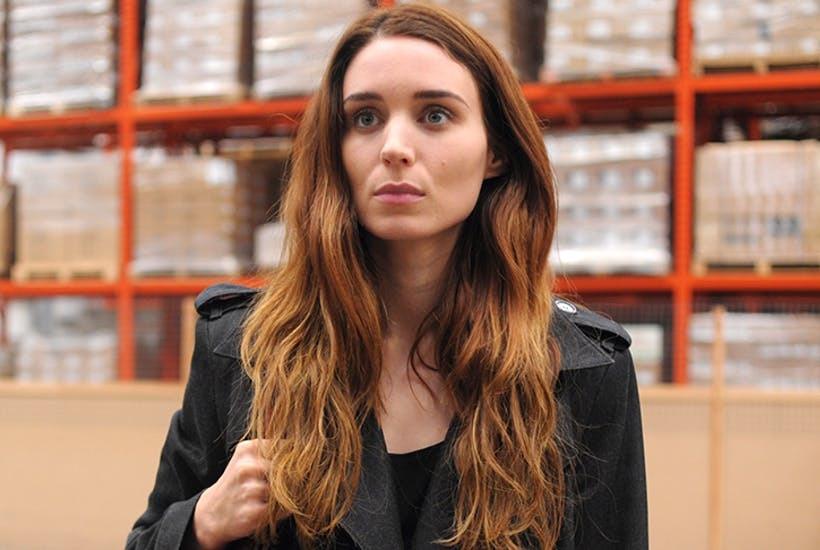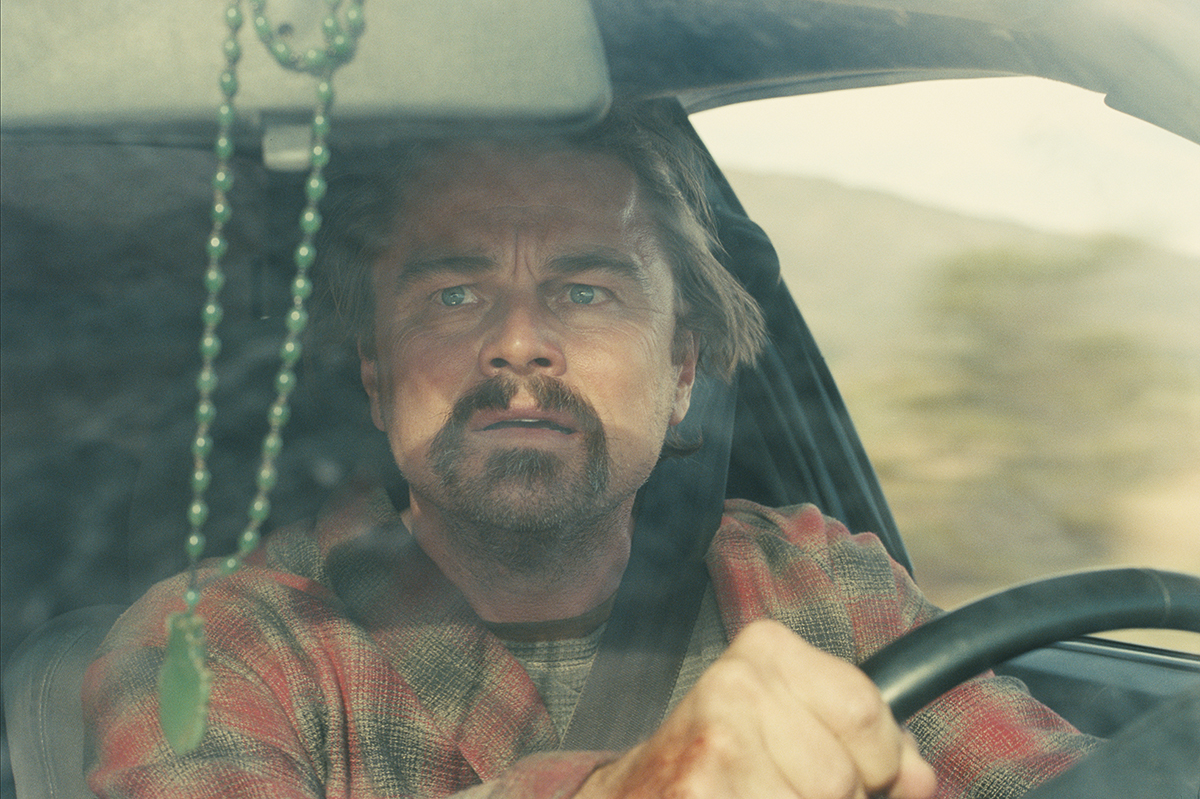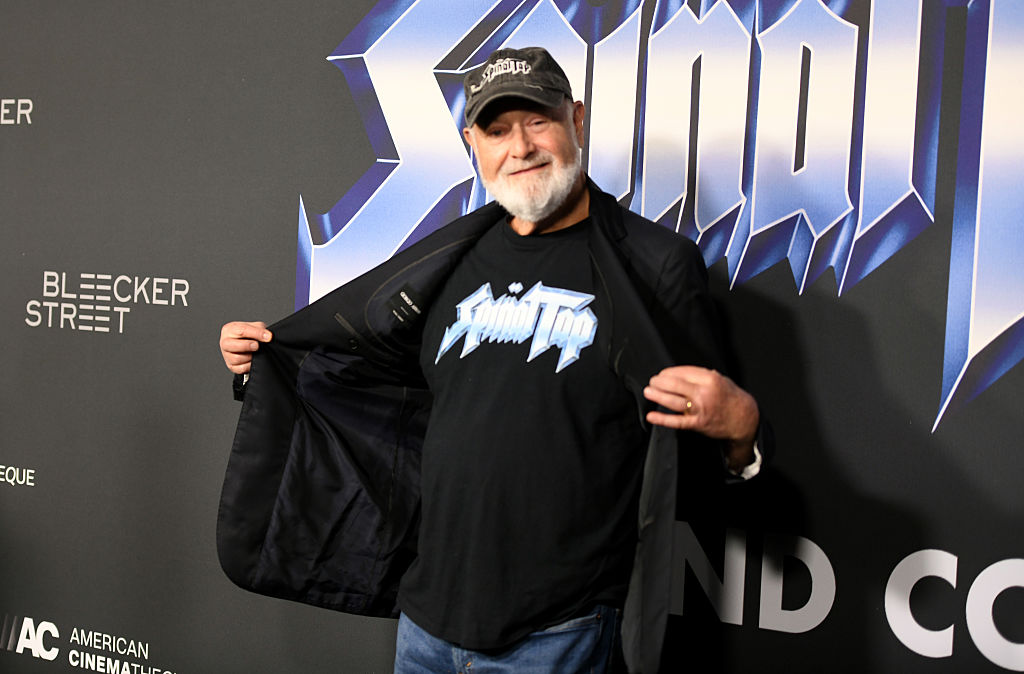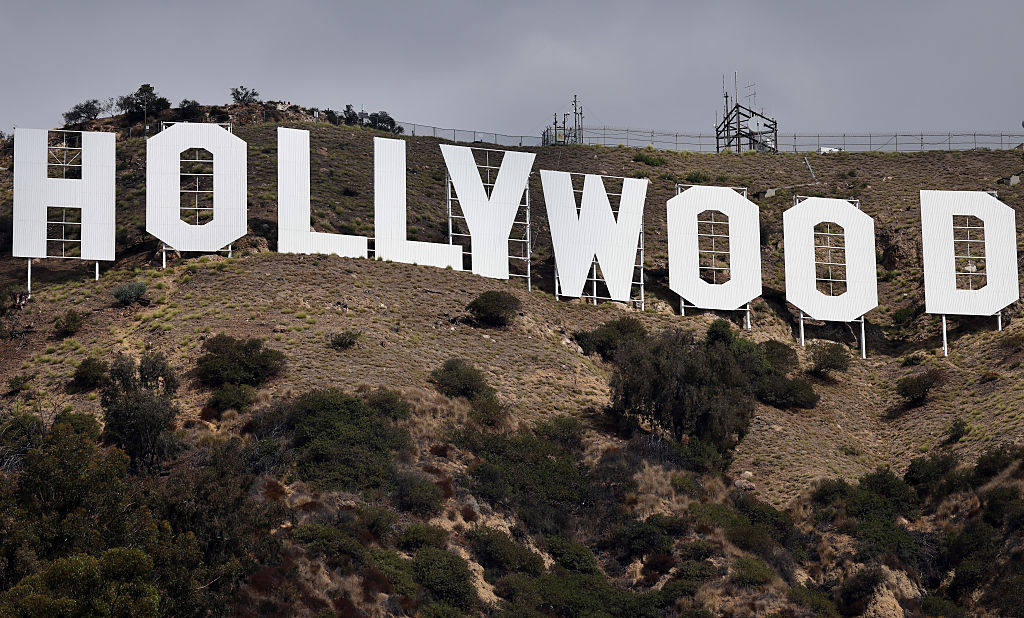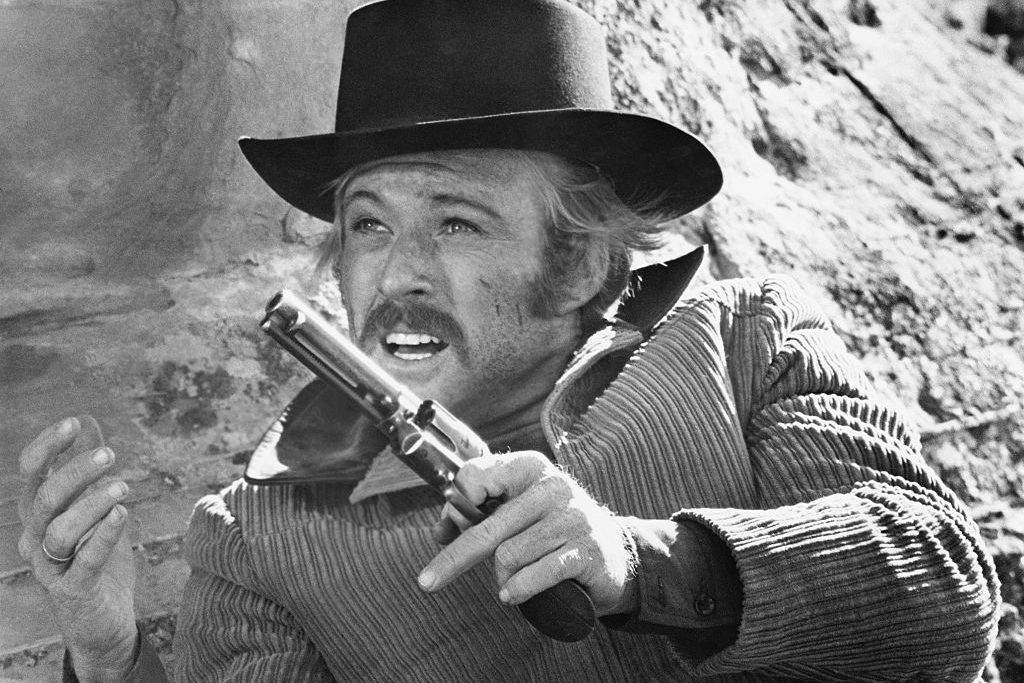Una
is a psychological drama about a woman who was abused by a man when she was 12, and who confronts him 15 years later, and it’s a hoot. I’m toying with you. Of course it isn’t. It’s disquieting. It’s disturbing. It’s difficult. It’s 90 minutes of uncomfortably shifting in your chair and wishing you were at the latest heist caper that doesn’t make sense. But it is also compelling, up to a point, and your responses will be so complicated that you won’t know where to start unpicking them. Or how.
The film is based on the play Blackbird by the Scottish playwright David Harrower, which has won multiple awards and starred Jeff Daniels and Michelle Williams on Broadway. A two-hander originally, here the cast has been expanded to include other characters, while the external world has been expanded beyond one room, as would have to happen if you’re not simply going to plonk a camera in front of the play and call it a day. (Although, in some respects, one wishes they had.)
Directed by Benedict Andrews, the theatre director who staged Blackbird in Berlin, and for whom this is a first film, it opens with a wordless sequence which tells us that 27-year-old Una (Rooney Mara) is not in a happy place. We see her clubbing. We see her have sex in a toilet with some stranger. We see her cut a lonely figure as she returns home in the early hours. Home is suburban Surrey, where she lives with her mother (a throaty Tara Fitzgerald). Mara is American, of course, but plays English here, which is jarring initially, if not plain weird, but this will prove the least of your worries.
Next, we see Una drive to a manufacturing plant, where she asks for ‘Ray’. But there is no ‘Ray’ because he’s now calling himself ‘Peter’. Ray/Peter (Ben Mendelsohn) is some kind of middle manager and he ushers her into the break room. She saw his picture in a trade magazine. She tracked him down. What does she want? Answers? Closure? Revenge? You seriously want to know. Their story unspools via flashbacks, with Ruby Stokes playing Una brilliantly as the 12-year-old who is both knowing and innocent, in so far as a 12-year-old can be knowing. Or consensual.
Ray lived next door. Ray was 40. He was a friend of her father. It’s not what you want to watch, a 40-year-old man getting it on with a child. And presumably, with the play, you never had to. See it, that is. It’s never explicit, but even so. Ray and Una had planned to run away together, but their relationship was exposed and he was imprisoned for four years. So what does Una want? Answers? Closure? Revenge? Or did she love him? Does she still love him? What is this need in her? Does he love her? (See? See how difficult this all is?)
Morally, it sends you this way and also that way. He is in the wrong, no question, but Una, you sense, has never been able to move on, so is still looking at everything through a child’s eyes, with a child’s sense of abandonment. This plays with your head. You may have noted that I’ve yet to use the word ‘paedophilia’, and while you may not be wondering why, I am. It just doesn’t feel like that’s what was going on, even though it’s exactly what was going on. Crazy. Meanwhile, the actors give their all fearlessly. Mara is intense. Mendelsohn is intense. There is a toxic chemistry. But whenever they are not squaring up to each other in that break room, the tension utterly falls away, as does the film.
Alas, you can clearly see where the play is and where it isn’t. And it isn’t in the underwritten role for Riz Ahmed as Ray’s work colleague, and it isn’t in the underwritten role for Natasha Little as Ray’s wife. And neither is it in the business subplot that keeps calling Ray away, or else has him hiding in various parts of the building. These feel like the embellishments they are, and they don’t just distract from the business at hand, but interrupt it. This is not what we’re here for, and it interferes with the pacing; dilutes the tension.
But you are provoked to think about an issue that usually elicits the one knee-jerk reaction, and you will be unpicking it long after the event, if you can work out how. Still not a hoot, though.



